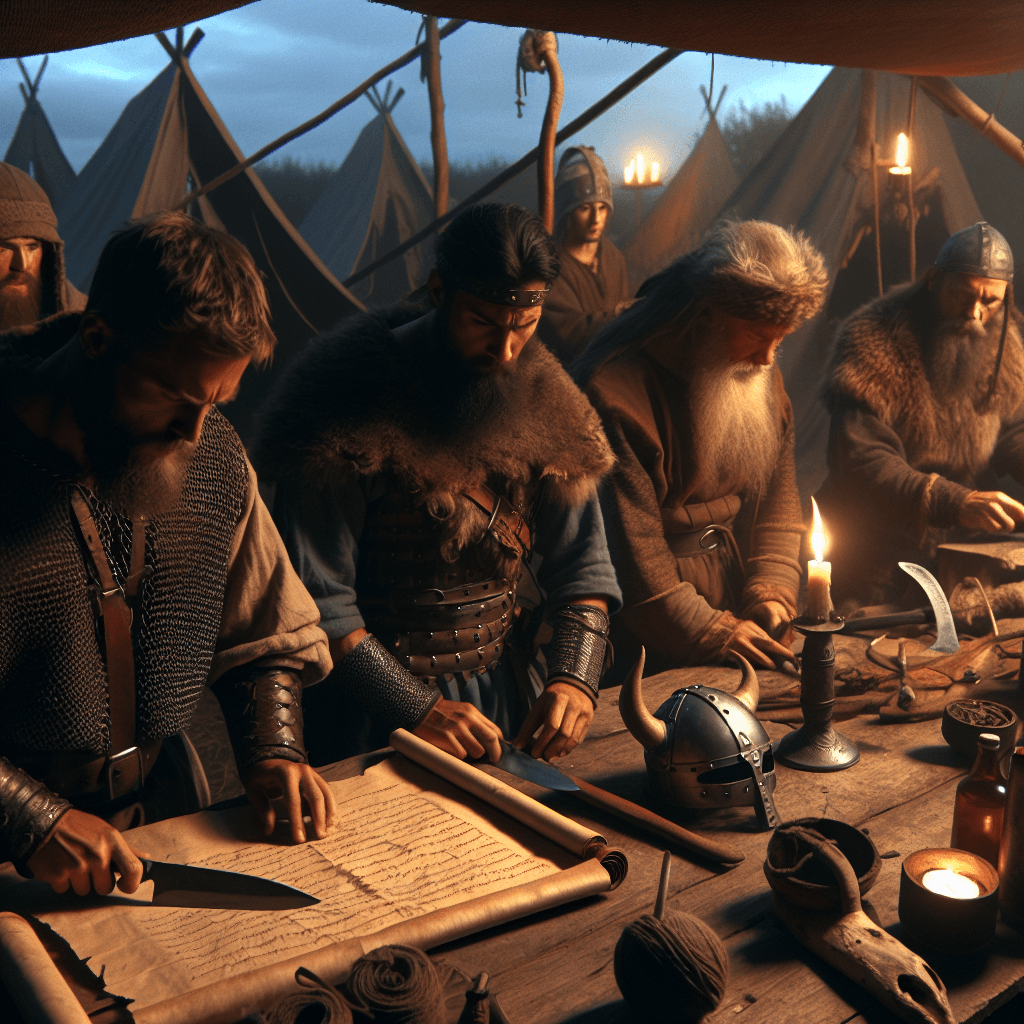The Legacy of the Vikings: Norse Adventurers and Explorers
Exploring the fascinating history and impact of Viking civilization

Introduction
The Vikings, often depicted as fierce warriors and pillagers, were also remarkable explorers, traders, and craftsmen. This blog delves into their complex legacy, examining the aspects of their civilization that extend beyond battles and raids.
The Origins of the Vikings
Originating from Scandinavia, the Vikings emerged in the late 8th century. They were skilled seafarers who used longships to navigate the waters of the North Atlantic, enabling them to reach far beyond their homelands.
Exploration and Trade
While many associate the Vikings with violence, their voyages also included extensive trade networks. They established routes that connected various cultures, from the British Isles to the Byzantine Empire, fostering exchange and cultural diffusion.
Cultural Contributions
The Viking Age left a rich cultural legacy. Norse mythology, literature like the sagas, and artistic craftsmanship significantly influenced European culture. Their ability to adapt and assimilate aspects of the cultures they encountered contributed to their enduring impact.
Viking Society and Structure
Viking society was not merely based on raiding; it was structured with a clear hierarchy, including chieftains, warriors, and farmers. Their democratic assemblies, known as things, played a vital role in governance and dispute resolution.
The End of the Viking Age
The Viking Age began to wane by the late 11th century as Christianity spread through Scandinavia and political structures evolved. The legacy of the Vikings, however, continued to shape the historical narrative of Northern Europe.
Conclusion
The Vikings were much more than the marauders of legend; they were multifaceted individuals whose exploration and cultural influence still resonate today. Understanding their legacy encourages a more nuanced view of history and the complex interactions that shaped our world.